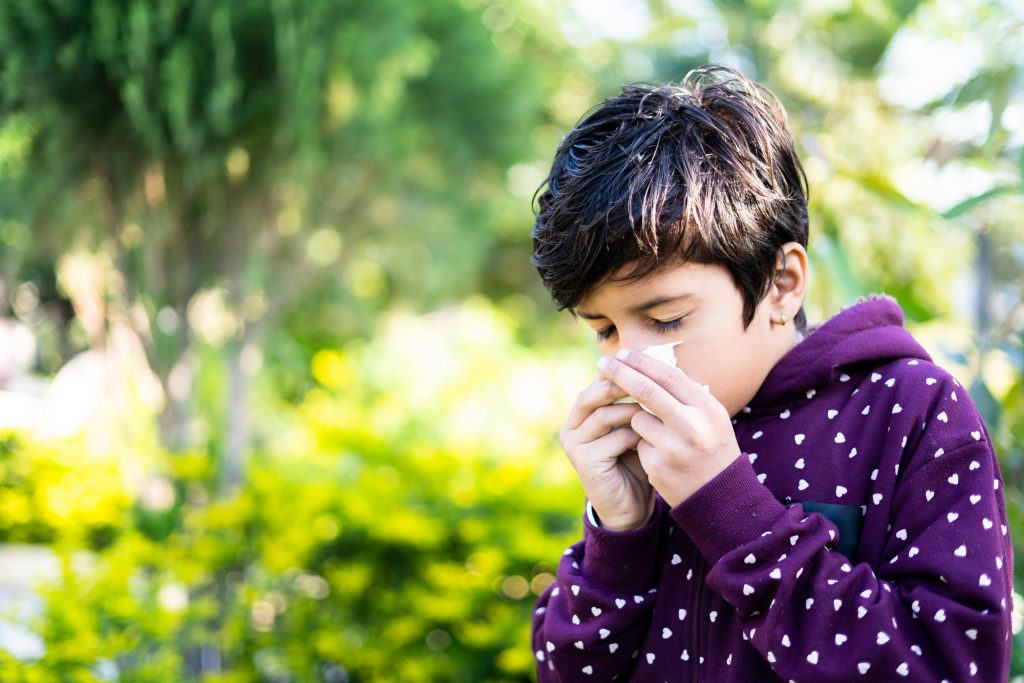

Are you constantly battling sneezing fits, itchy eyes, or that perpetual sniffle? If so, you might be one of the millions grappling with allergies in India. From the enchanting bloom of spring to the dusty corners of our homes, allergens lurk everywhere, triggering discomfort and frustration. Let’s embark on a journey to unravel the mysteries behind the most common allergies in India: pollen, dust, and beyond.
Pollen: The Springtime Nemesis
As the seasons change and flowers bloom, pollen fills the air like confetti. While this natural process paints landscapes in vibrant hues, it also sends allergy sufferers into a frenzy. According to recent studies, pollen allergies affect approximately 10-30% of the Indian population, with a surge in cases during spring and autumn.
Did you know that certain trees like neem and peepal are notorious pollen producers? These seemingly unleash clouds of pollen, triggering allergic reactions in susceptible individuals. However, it’s not just trees; grasses and weeds also contribute their fair share to the pollen party.
Dust: The Indoor Culprit

While we seek refuge indoors from pollen, another adversary lurks within our own abodes: dust. Dust mites, microscopic creatures thriving in household dust, are a leading cause of indoor allergies. These minuscule pests feast on shed human skin cells, proliferating in mattresses, pillows, and upholstery.
Surprisingly, dust mites aren’t the only indoor troublemakers. Mold spores, another common allergen, flourish in damp environments like bathrooms and kitchens. Their invisible presence can wreak havoc on respiratory health, especially for those with preexisting conditions like asthma.
Beyond Pollen and Dust: Lesser-Known Allergens

Beyond the usual suspects, India’s diverse landscape harbors a myriad of allergens. For instance, cockroach droppings contain proteins known to trigger allergic reactions in sensitive individuals. With a significant portion of the population residing in urban areas, where cockroach infestations are prevalent, this allergen poses a considerable threat.
Food allergies are also on the rise, with common culprits like peanuts, milk, and shellfish eliciting immune responses in susceptible individuals. Interestingly, recent studies have highlighted the role of climate change in exacerbating food allergies, with rising temperatures altering protein structures in allergenic foods.
Navigating Allergy Season: Tips and Tricks
So, what can you do to navigate the allergy minefield? Here are some practical tips:
Managing Allergies in Children:

Children, with their developing immune systems, are particularly vulnerable to allergies. Identifying triggers early on and creating a safe environment is crucial for their health and well-being. Breastfeeding, if possible, can help strengthen their immune response and reduce the risk of allergies. Limiting exposure to known allergens, such as dust mites and pet dander, and teaching children proper hand hygiene can minimize allergic reactions.
In conclusion, understanding the most common allergies in India and implementing effective management strategies is crucial for maintaining health and well-being. While lifestyle changes and environmental modifications play a significant role, seeking professional guidance and support can further enhance your allergy management journey.
That’s where Tata MD’s Allergy Care Plan steps in, offering a comprehensive approach to allergy management with personalized care and expert guidance.
Schedule a consultation with specialists from Tata MD to gain a deeper understanding of your allergies today!
So, whether you’re battling pollen, dust, or other allergens, knowledge is the best defence against allergies, so arm yourself with information and embrace each day with clarity and vitality.